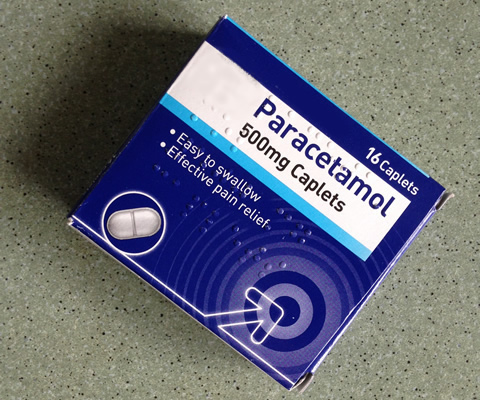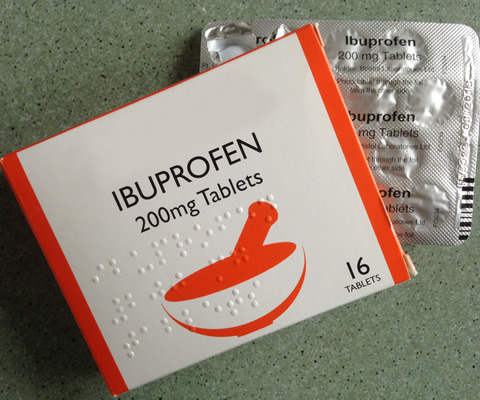Medications and Older Adults course for Medical Doctors



This session describes the physiological changes that occur with ageing and the effects these changes have on the handling of analgesic medicines.
Learning Objectives
By the end of this session you will be able to:
- Describe the physiological changes of ageing that alter drug handling
- Outline the effect of physiological changes on the handling of paracetamol and NSAIDs in older people
- Explain the clinical relevance of pharmacological differences between different opioids in older people
- Describe the considerations when choosing pharmacological treatments for neuropathic pain in older people
- Identify topical treatments for pain that may be effective for older people
Pain is a common symptom for many older people, who often have other conditions or illnesses and take multiple medicines. Safe prescribing of analgesics in older people is complex due to changes in how the body handles medicines, other medical conditions, polypharmacy and variability in response.
Roger completed his pre-registration training in the pharmaceutical industry and hospital pharmacy. He originally came to Nottingham to study for a doctorate in opioid pharmacology where his interest in pain management began.
For nearly ten years, Roger’s main role was to provide a clinical pharmacy service to the Anaesthetics directorate and to contribute to clinical activity of the multidisciplinary Pain Management Service. In September 2011, he was appointed to a new clinical academic position that provides teaching and research opportunities whilst maintaining regular clinical practice.
Roger is chair of the United Kingdom Clinical Pharmacy Association Pain Management Group. He was co-opted to the Council of The British Pain Society for several years before becoming and elected Council Member in 2011. He represents the Royal Pharmaceutical Society on pain management issues in both online and traditional media, including BBC Regional Radio regular comment.
Roger is a module editor and author for the ePAIN project.

- Surgery | Common Surgical Conditions | General Sur...
- Posted By eIntegrity Healthcare e-Learning
- Posted Date: 2024-11-14
- Location:Online
- This session outlines the presentation, investigation and management of causes of dyspepsia.
- 02_07 General Surgery Dysphagia
- Posted By eIntegrity Healthcare e-Learning
- Posted Date: 2024-11-14
- Location:Online
- This session outlines important principles in the definition, causes, assessment and investigation of dysphagia, a significant symptom which warrants urgent evaluation.
- Surgery | Common Surgical Conditions | General Sur...
- Posted By eIntegrity Healthcare e-Learning
- Posted Date: 2024-11-14
- Location:Online
- This session outlines the aetiology, investigation, and management of common and serious conditions causing bleeding originating from the rectum and anus. It also revises the 2 week-wait referral guidelines for suspected lower GI cancer.
- Surgery | Common Surgical Conditions | General Sur...
- Posted By eIntegrity Healthcare e-Learning
- Posted Date: 2024-11-14
- Location:Online
- This session will describe the approach to the patient with suspected lower gastrointestinal haemorrhage including immediate management, investigation, aetiology and definitive treatment.
- Surgery | Common Surgical Conditions | General Sur...
- Posted By eIntegrity Healthcare e-Learning
- Posted Date: 2024-11-14
- Location:Online
- Upper gastro-intestinal bleeding is a common and sometimes life threatening problem. This session discusses the symptoms, causes, resuscitation, scoring and further management of these patients.







